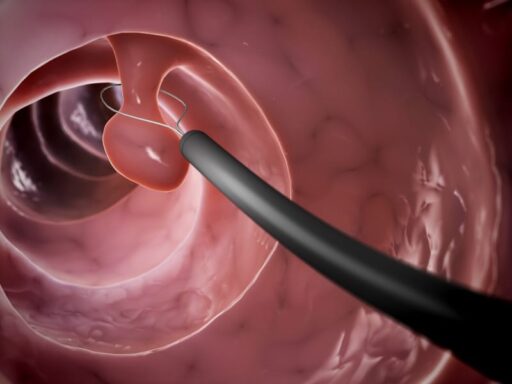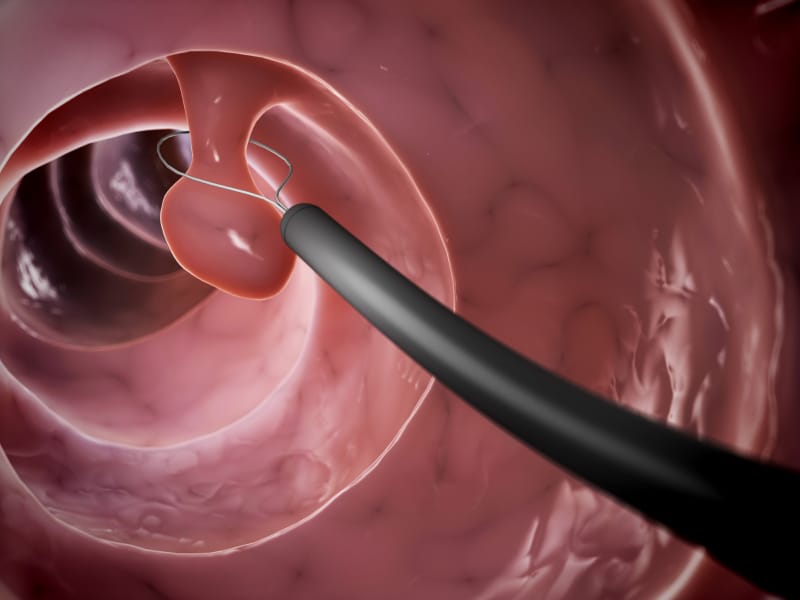Rates of colorectal cancer in people under 50 have been skyrocketing since the 1990s, and experts are still trying to figure out why.
But one thing is clear: it’s essential to be aware of the warning signs, even if you’re young.
The Surprising Symptom That’s Got Everyone Talking: Pencil-Thin Poop
You may have seen it on social media: a TikTok user sharing her experience of noticing thin stools, along with other red-flag symptoms like unexplained weight loss and diarrhea. She thought it was just irritable bowel syndrome, but it turned out to be stage 4 colon cancer.

What the Experts Say
According to Dr. Michael Cecchini, a co-director of the colorectal program at the Center for Gastrointestinal Cancers, narrow stool can be a major red flag. “Doctors will sometimes see patients whose stools are much thinner, or they’re pencil in thickness and size, which is a description that some patients with colorectal cancer will have,” he explained.
What’s Normal and What’s Not
Healthy stool should be long and sausage-shaped, coming out as one piece or several smaller pieces. But if you notice a persistent change in your bowel habits, it could be a sign of something more serious. Dr. Jeffrey Dueker, a gastroenterologist at UPMC, stresses that any alteration in your bowel habits could be a potential red flag.
Don’t Ignore Your Symptoms
If you notice blood in your stool, chronic abdominal pain, a change in bowel movements, or unexplained weight loss, don’t brush it off as something minor. “It’s very easy in younger individuals to think, ‘Oh, it’s just hemorrhoids,’ or something like that… and it may be, but also those things can coexist,” said Cecchini.
Get Screened, Get Peace of Mind
The best way to lower your risk of colorectal cancer or catch it early is to get screened. You can undergo a colonoscopy or stool-based tests, and your doctor can help determine the best option for you. For most people, screenings start at 45, but if you have a family history or certain risk factors, you may be eligible for a colonoscopy earlier.
Don’t Panic, But Do Take Action
While it’s essential to take your symptoms seriously, don’t freak out just yet. “All of these symptoms don’t necessarily mean… you have colon cancer,” said Dueker. Instead, they could mean that a colonoscopy is necessary to determine what’s going on. And remember, detecting cancer early is the best way to manage it.
The Bottom Line
Stay informed, stay vigilant, and stay proactive about your health. Colorectal cancer is a serious disease, but it’s also highly treatable if caught early. So, keep an eye out for those warning signs, talk to your doctor, and get screened. Your health is worth it.


